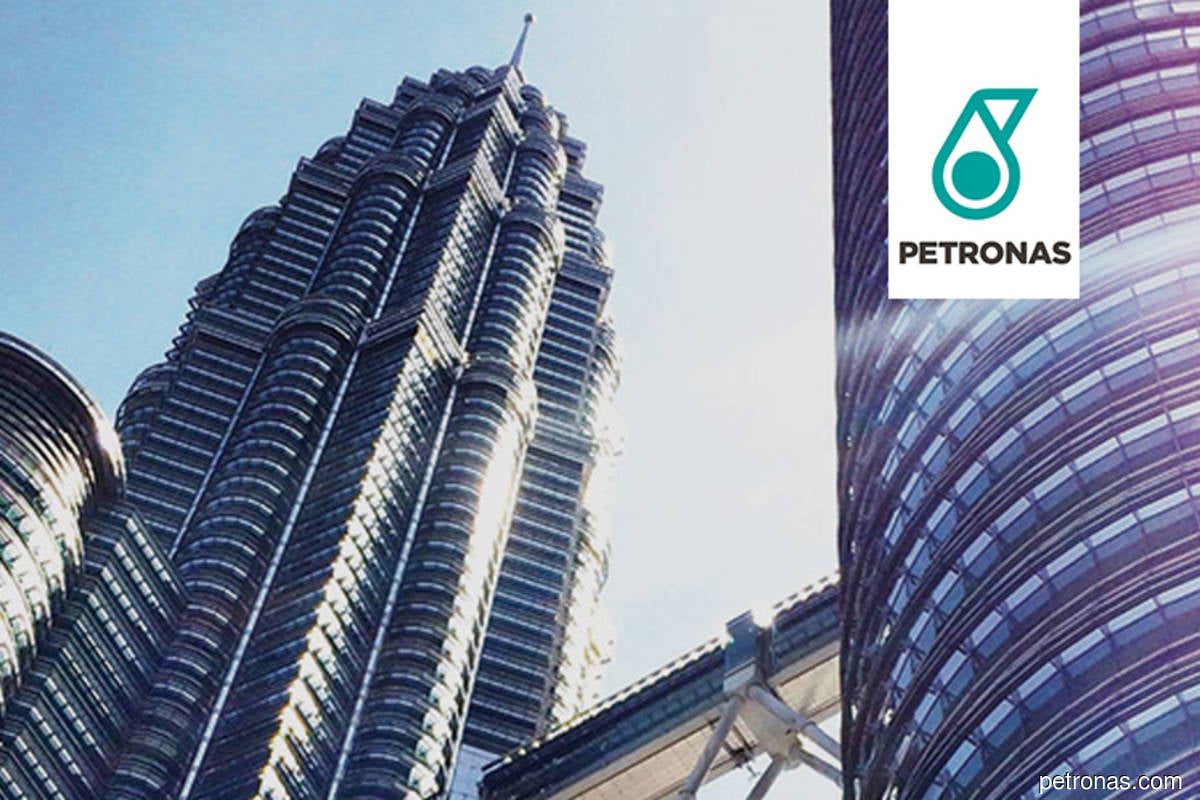The Malaysian company Petronas, which specializes in oil exploration and production, is looking forward to strengthening its local investment portfolio. What drives it to enter into new partnerships from time to time to carry out exploratory activities, and then raise its production, and eventually revive its treasury.
Malaysia aims to put its oil and gas sector on the path to recovery from the repercussions of the emerging Corona virus (Covid-19) pandemic, which severely affected prices and production in that vital industry.
And as part of its adherence to that ambitious strategy, Malaysia’s Petronas, a subsidiary of the Malaysian National Oil Company, concluded today, Thursday, February 16 (2023), production-sharing agreements in 9 oil exploration sites with the 8 winning bidders, which include 4 new investors, according to the website. Energy-pedia.
The production-sharing agreements were signed by the Malaysian Vice President of Petronas, Muhammad Fayrouz Asnan, in the presence of the CEO and CEO of the company, Datuk Adiv Zulkifli, according to information viewed by the specialized energy platform.
Continuing agreements
Commenting on the signing of production-sharing agreements, Firoz Asnan said: “The signing of production-sharing agreements today comes in addition to similar agreements concluded in January (2023), and they represent the highest number of such agreements ever granted in all of Malaysia during one year, since 2010.
Asnan added: “The first of these 9 agreements signed today represents the 200th agreement of its kind granted to the Malaysian Petronas company since the old production-sharing agreement that was concluded in 1976, and we look forward to working closely with our new partners in the production-sharing agreements concluded recently, hoping to Access to new energy discoveries that ultimately enable us to succeed and thrive together, creating value in a sustainable way.”
It is expected that the nine production-sharing agreements will be associated with investments worth RM1.7 billion ($386 million), all of which will focus on exploration and exploration activities, especially in deep-water areas and unexplored formations.
(1 US dollar = 4.40 Malaysian ringgit).
Asnan explained that the 9 exploratory sites reduce the number of open sites in Malaysia by about a third. In line with the continuous efforts made by the Malaysian National Oil Company to maximize investments in the field of oil exploration in the Asian country.
The chart below, prepared by the Energy Research Unit, shows natural gas consumption in Malaysia:
In addition to undertaking the tasks of executing and managing oil arrangements in Malaysia, Petronas, through BNM, is the main player shaping the oil and gas industry in the country, and the entity that attracts the investments that ultimately drive the oil and gas activities in Malaysia.
Discovery of oil and gas
In December 2022, Malaysia’s Petronas announced the discovery of oil and gas in the Nahara 1 well located in Block SK 306 in the shallow waters of Balingian District, approximately 150 km from the town of Bintulu, off the coast of Sarawak.
The town of Bintulu hosts the Malaysian LNG export complex, which is supervised by Malaysian Petronas, according to what was reported by Energy Voice on December 8 (2022).
Drilling was carried out successfully in the Nahara 1 well at a depth of 2,468 meters, and indeed, hydrocarbons were discovered at the site, according to information seen by the specialized energy platform.
On December 7 (2022), Malaysia’s Petronas announced the discovery of light oil that contains a minimum level of polluting materials, as evidenced by the results of the production test for the well.
Malaysia’s Petronas is the main operator of Block SK 306, with full participation in the production sharing contract.
Commenting on this discovery, one of the company’s experts, Satis Kuma, said: “The step is simply the beginning of a new exploration, which has a clear impact on future exploration efforts in the vicinity.”
It is noteworthy that the Malaysian Petronas had started its business in 2020 with a planned initial capital of 50 billion ringgit (12.1 billion US dollars), before shrinking it – later – to 33.4 billion ringgit (8.1 billion US dollars), due to the epidemic, which reached its peak in That timing.
related topics..
Also read..

Leave a Reply